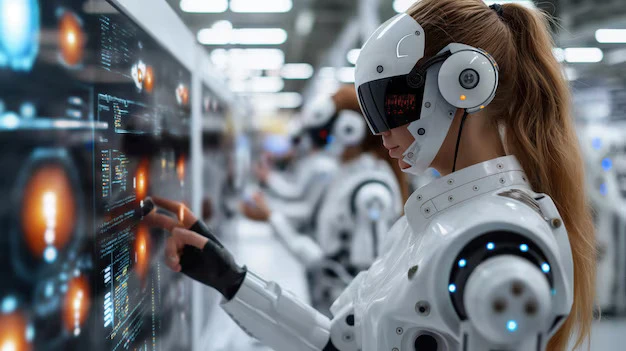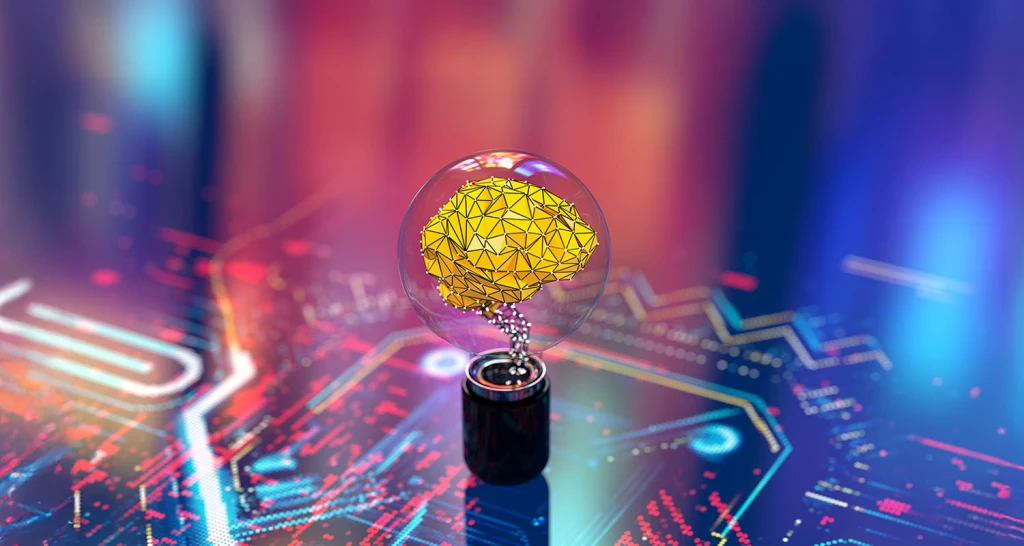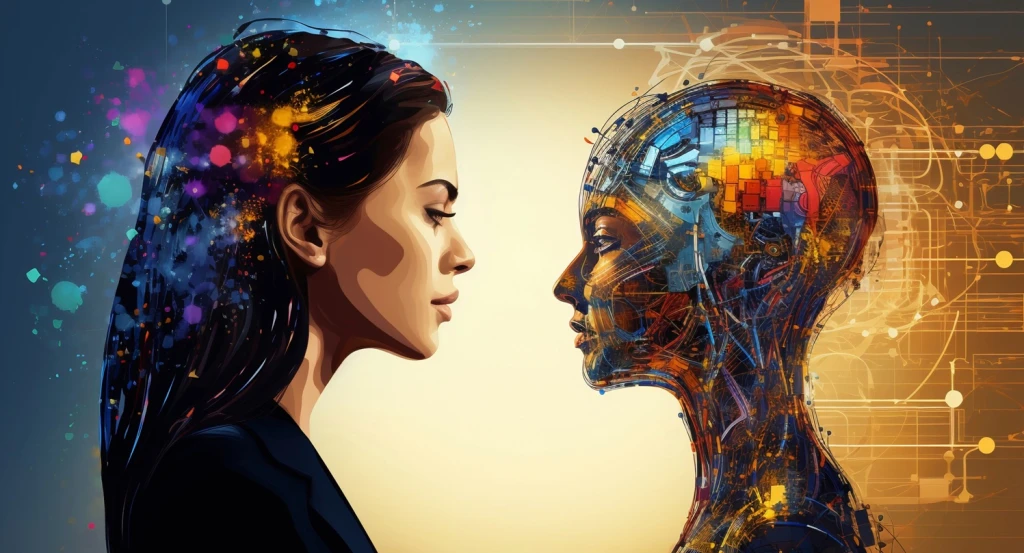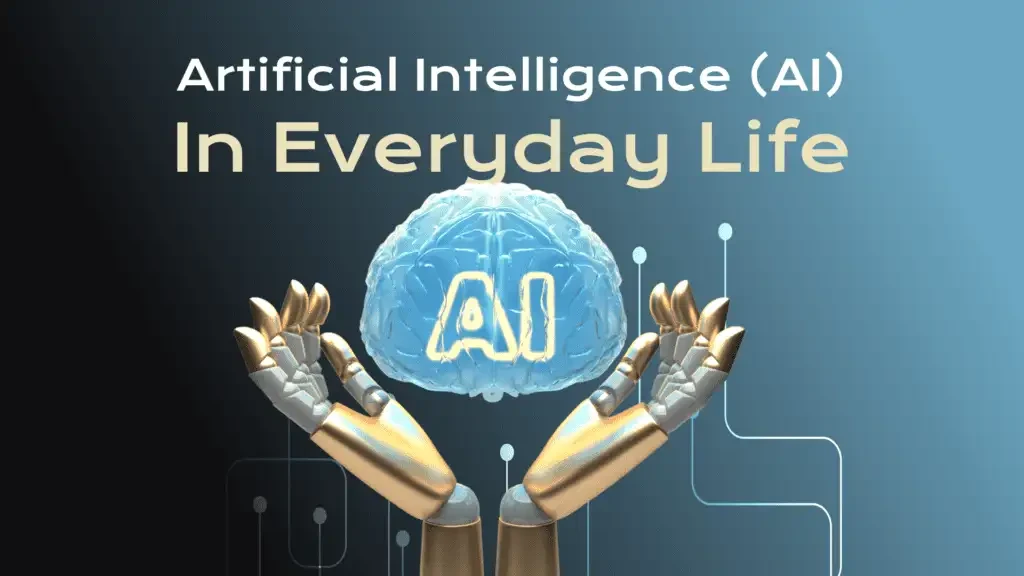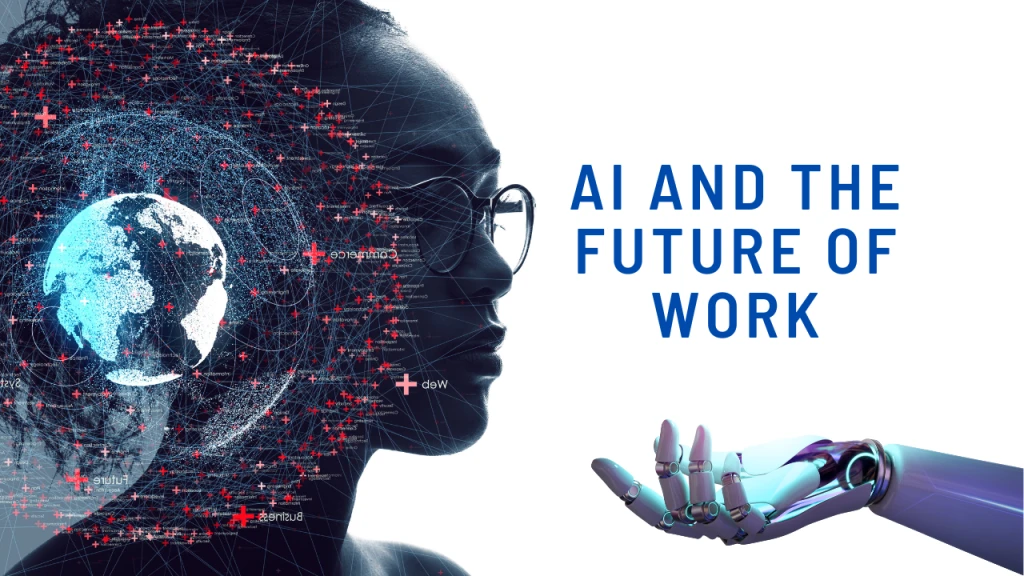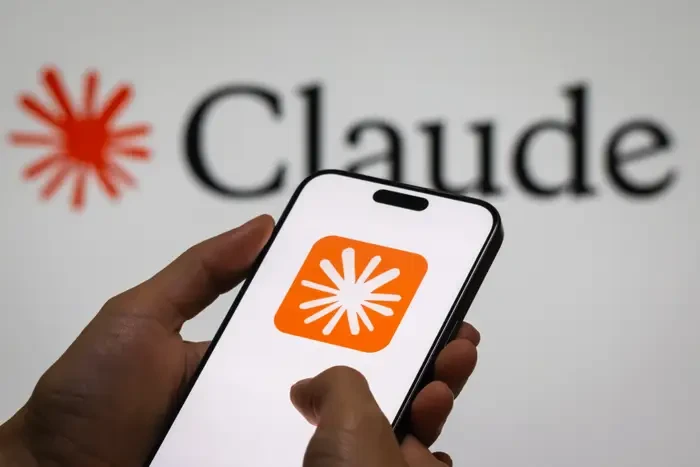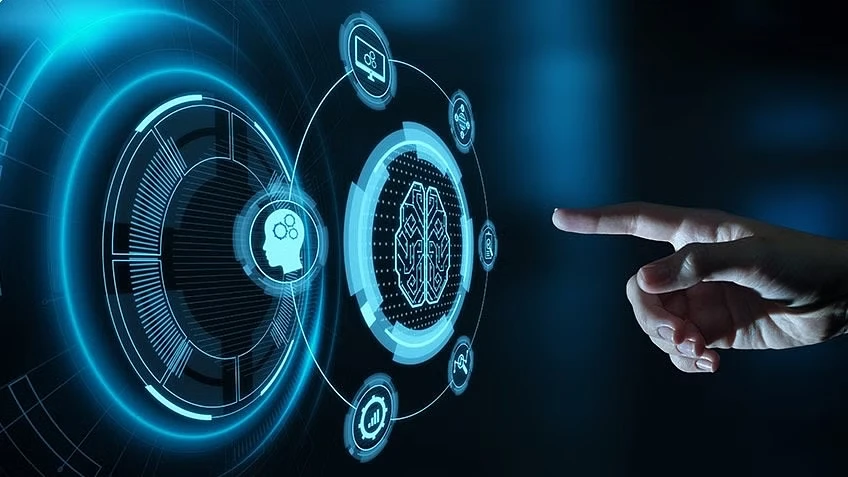The Future of Personal Growth
Whether you're a student, a professional looking to upskill, or someone exploring new creative outlets, AI can enhance your abilities in ways that were once unimaginable. In this blog, we’ll explore how AI is reshaping personal development and helping people tap into their latent potential.
1. Personalized Learning and Skill Development
How AI Helps with Personalized Learning:
Adaptive Learning Platforms: AI-driven learning platforms use algorithms to monitor how learners interact with content, identify areas where they struggle, and adjust lessons accordingly. This ensures that learners are always working at the right level of difficulty, helping them stay engaged and progress faster.
Skill Assessments: AI tools can analyze your existing skills and suggest personalized learning paths. For example, platforms like Coursera or LinkedIn Learning use AI to recommend courses based on your interests, current skill level, and career goals. These assessments allow you to focus on the areas that need improvement and acquire new skills more efficiently.
Real-time Feedback: AI can also provide real-time feedback during learning activities, whether it's helping a student improve their writing or guiding a software developer through coding exercises. Immediate feedback enhances learning by enabling users to make adjustments and understand concepts more deeply.
Impact:
By offering personalized guidance, AI ensures that individuals can focus on what matters most—mastering the skills and knowledge they need to succeed, without wasting time on irrelevant or outdated content.
2. Enhancing Creativity and Innovation
How AI Supports Creativity:
Generative Tools: AI tools like DALL·E (for image creation) or GPT-3 (for text generation) have empowered individuals to explore creative ideas they might not have thought of on their own. Artists, writers, and designers can use AI to generate novel ideas, create prototypes, or push the boundaries of traditional creative work.
Collaborative AI: AI doesn't replace human creativity; it enhances it. By offering suggestions or completing parts of the creative process, AI acts as a co-creator. For instance, musicians can use AI-powered software to generate melodies or suggest chord progressions, while writers can receive prompts or assistance in generating engaging dialogue.
Improving Skills through Simulation: AI can also simulate real-world scenarios to help individuals develop specific creative skills. For example, aspiring chefs can practice cooking techniques through virtual simulations, or photographers can experiment with lighting and composition through AI-powered image editing tools.
Impact:
AI is not just a tool for efficiency—it's a platform for expanding human creativity. By offering fresh perspectives and assisting with the execution of creative ideas, AI allows individuals to take their artistic endeavors to the next level.
3. Facilitating Career Development and Professional Growth
How AI Enhances Career Growth:
Skill Gap Analysis: AI tools can scan your resume and compare your skillset against the skills currently in demand in the job market. Platforms like LinkedIn and Upwork use AI to suggest skills that would make you more competitive in your field, guiding you toward certifications or training that will boost your career prospects.
Job Matching and Recommendations: AI-driven job platforms can recommend roles that align with your experience and aspirations, even suggesting lateral moves that you may not have previously considered. By analyzing vast amounts of data, AI can also identify emerging trends in the job market, helping you stay ahead of industry shifts.
Career Coaching: Virtual career coaches powered by AI can give personalized advice on how to navigate career challenges, improve your resume, or even prepare for interviews. With AI, individuals can receive ongoing, customized support throughout their professional journeys.
Impact:
AI empowers individuals to make informed decisions about their career paths, offering guidance and support to help them stay relevant and continue advancing in their field. By streamlining the job search and professional development process, AI makes career growth more attainable for everyone.
4. Building Emotional Intelligence and Interpersonal Skills
How AI Helps Improve Soft Skills:
AI-based Role-playing Simulations: AI-powered simulations allow users to practice conversations, negotiations, and conflict resolution in a risk-free environment. By providing feedback on body language, tone, and emotional responses, these tools help users enhance their emotional intelligence and social awareness.
Virtual Assistants for Communication: AI can be used to train individuals in communication skills, providing real-time suggestions to improve phrasing, empathy, or clarity. For instance, AI tools are already being used to enhance customer service training by simulating interactions with clients, giving employees the chance to practice handling difficult situations.
Mental Health and Well-being: AI is also being utilized in apps that support mental health, offering tools for mindfulness, stress management, and emotional resilience. These technologies can help individuals better understand and regulate their emotions, a key component of emotional intelligence.
Impact:
AI’s ability to enhance soft skills like empathy, communication, and self-awareness can lead to stronger relationships and greater success in both personal and professional spheres. These tools help individuals build emotional intelligence, making them more effective leaders, colleagues, and communicators.
5. Supporting Lifelong Learning and Continuous Improvement
How AI Supports Lifelong Learning:
Smart Learning Systems: AI-driven platforms can recommend courses or resources based on an individual’s career trajectory and interests. By analyzing historical learning patterns, AI can suggest new areas for personal and professional growth, ensuring that learning is always relevant.
On-Demand Learning: AI allows people to access learning materials whenever they need them. With platforms offering personalized, on-demand courses and tutorials, individuals can learn at their own pace and convenience, eliminating the need to follow rigid schedules or locations.
Microlearning Opportunities: AI can help break down complex concepts into smaller, bite-sized lessons. This approach, known as microlearning, allows people to absorb knowledge in short bursts, making it easier to fit into busy lifestyles.
Impact:
AI ensures that learning is a lifelong endeavor, allowing individuals to continuously improve, adapt to new challenges, and stay ahead in their careers. With the flexibility and customization that AI provides, people can take charge of their learning journey, no matter their age or stage in life.
6. Empowering Individuals with Disabilities
How AI Helps People with Disabilities:
Speech Recognition and Text-to-Speech: AI-powered speech recognition systems like Siri or Google Assistant are making it easier for individuals with physical disabilities to communicate, access information, and manage tasks. Text-to-speech tools allow those with visual impairments to interact with digital content seamlessly.
AI-Powered Mobility Tools: For individuals with mobility impairments, AI-driven technologies such as smart wheelchairs and autonomous vehicles offer increased independence, enabling them to navigate their environment more easily and participate fully in society.
Assistive Learning Platforms: AI can also provide tailored learning experiences for people with learning disabilities such as dyslexia. AI-driven educational tools can adapt content to suit their specific needs, improving comprehension and learning outcomes.
Impact:
By providing customized, accessible solutions, AI enables individuals with disabilities to pursue their passions, develop their skills, and contribute meaningfully to society, breaking down traditional barriers to success.
Conclusion: Amplifying Human Potential with AI
As AI continues to evolve, its role in personal development will only expand. The key will be using AI in a way that empowers individuals to be the best versions of themselves, unlocking human potential and creativity like never before. By embracing these tools, we can take our skills and talents to new heights—creating a future where everyone can thrive.
